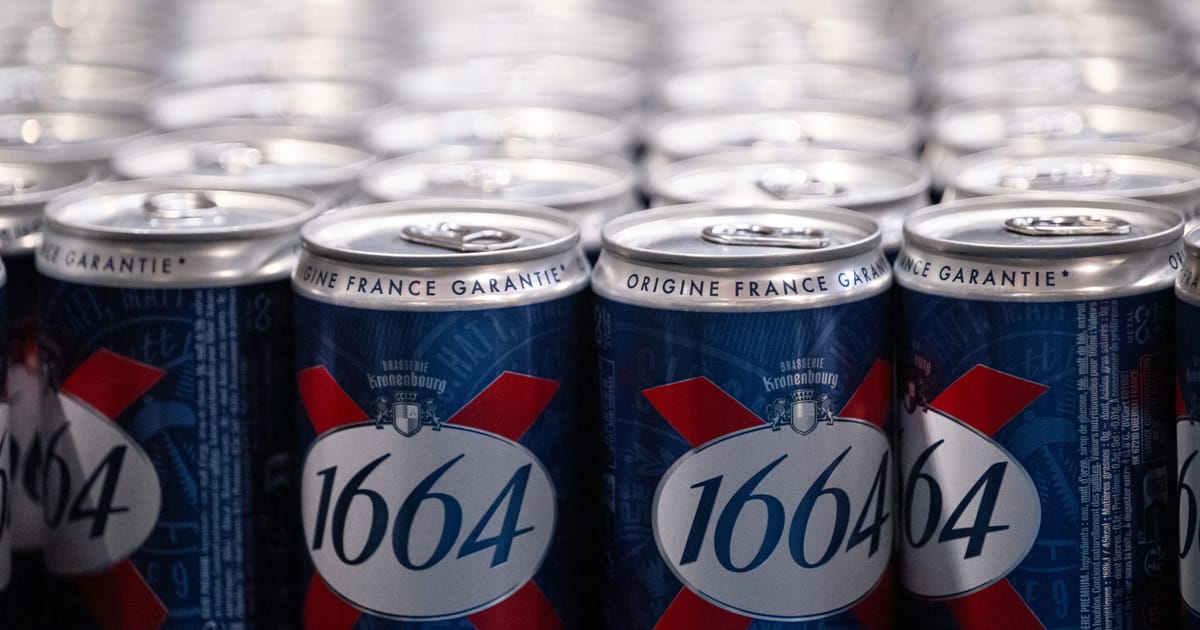Latvia also highlighted EU action, including higher excise taxes and advertising restrictions on alcohol, while Austria “emphasised the importance of systemic, determinants-based measures, including on commercial environments that enable low-threshold access to tobacco, alcohol, and highly processed foods.”
Slovenia supports “stronger EU action on tobacco food and alcohol policies,” while Spanish representatives highlighted “the need to make progress at the European level in regulating “the social and commercial determinants of health related to food, alcohol, and tobacco.”
Belgium brought up the “need to build on several measures that are already part of the European Beating Cancer Plan, such as the revision of the Tobacco Products Directive and alcohol-related measures.”
Currently, the only EU requirement for alcohol manufacturers is to include a mandatory label on alcohol strength by volume. In the last mandate, the European Commission proposed further obligatory alcohol labeling on nutrition and health warnings, in the Farm to Fork Strategy, but it failed to garner support from the capitals, coming up against strong opposition from countries with large wine and beer industries.
The document seen by POLITICO, which is undated, lays out the positions that were raised during a July meeting of a public health expert group on non-communicable diseases prevention.
The Commission is currently collating evidence from interested parties on the cardiovascular health plan, which is due by the end of the year.
